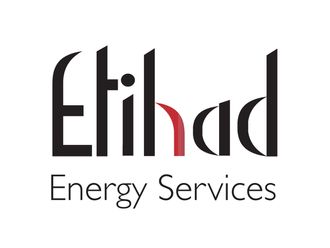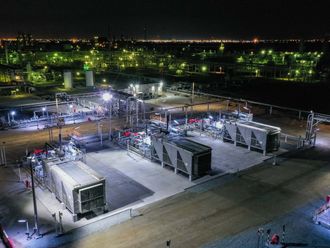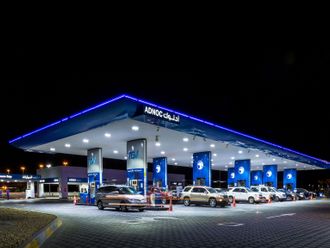Abu Dhabi: Heads of some of the world’s top oil companies will gather in Abu Dhabi as part of Abu Dhabi International Petroleum Exhibition and Conference (Adipec) that will kick off on Monday.
Among the top executives who will attend the four-day conference include Dr Sultan Al Jaber, CEO of Abu Dhabi National Oil Company (Adnoc) group, Rex W. Tillerson, chairman and Chief Executive Officer of Exxon Mobil Corporation, Bob Dudley, group chief executive of BP, Patrick Pouyanne, Chairman and CEO, Total.
Claudio Descalzi, CEO of Eni, Sa’ad Sherida Al Kaabi, president and CEO of Qatar petroleum, Vicki A Hollub, president and CEO of Occidental Petroleum and Mohammad Barkindo, Secretary General of Organisation of the Petroleum Exporting Countries (Opec) will also be present during the event.
The conference takes place as oil prices remain low and doubts persist as to whether Opec will be able to implement a promised deal to cut production and ease global supplies.
Opec agreed on September 28 in Algeria to reduce output to a range of 32.5 million to 33 million barrels a day and decide how much each member should cut by its next meeting on November 30 in Vienna.
The agreement helped push oil prices to a fifteenth month high of about $50 a barrel in October although they have subsequently fallen amid doubts the group will follow through in its pledge as some member countries seek exemption and Saudi Arabia and Iran rivalry resurface on cutting production.
“The chances of completing a successful deal have decreased substantially since the announcement in late September. It all will depend on whether the threat of lower prices reduces dissent before the technical meetings, in a couple of weeks,” Francisco Quintana, Head of Strategy at Foresight Advisors, told Gulf News.
Global benchmark
He said Opec members are too far apart in their positions, too many countries consider there are legitimate reasons for them to be exempted of a production cap.
Brent, the global benchmark is currently trading at around $46 (Dh169) per barrel, down by about 1.66 per cent.
Even if there is a cut at the next Opec meeting in Vienna, oil prices are not expected to move up much due to oversupply in the market.
“Our 45 to low 50s preferred range for the current quarter could be raised by up towards $5 if we see a major cut,” said Ole Hansen, Head of Commodity Strategy at Saxo Bank.
But it will take several months where global supplies are being reduced before Opec will be able to see a return to its $55 to $60 preferred range, Hansen added.
There will be a discussion on world oil outlook during the conference with the participation of some of the top CEOs of oil and gas companies.












